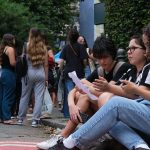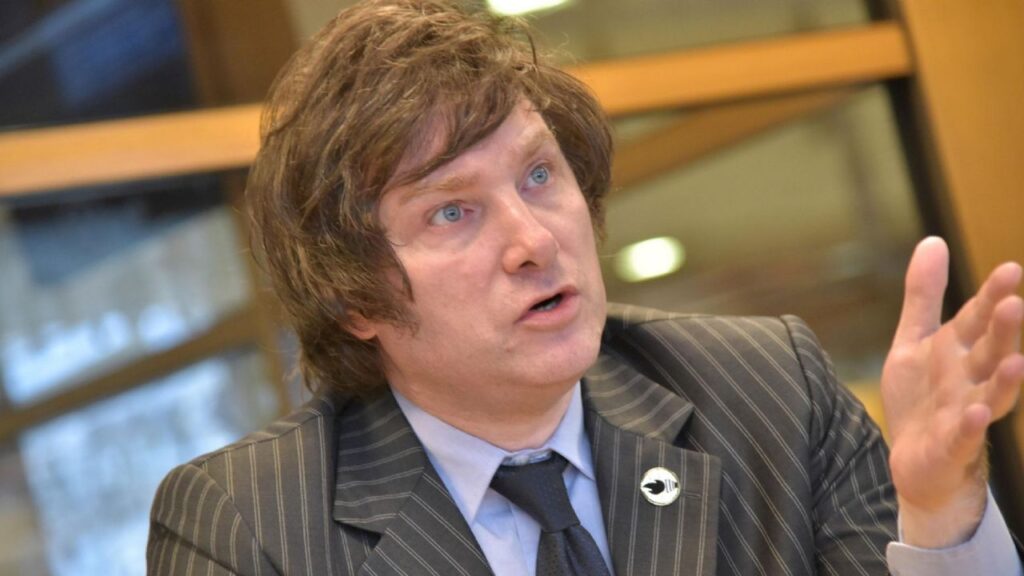The anticipation of the thirteenth for retirees and spending on Auxílio Brasil made public accounts record the second largest negative result for the month of May.
Last month, the Central Government – National Treasury, Social Security and Central Bank – registered a primary deficit of R$ 39.213 billion. This is the second largest deficit for the month since the beginning of the historical series, in 1997, only losing to May 2020, at the beginning of the covid-19 pandemic.
The result came worse than expected by financial institutions. According to the Prisma Fiscal survey, released every month by the Ministry of Economy, market analysts had expected a positive result of R$23.1 billion in May.
In relation to May of last year, the primary deficit grew 68.1%, discounting official inflation by the Broad National Consumer Price Index (IPCA). Thanks to the surpluses obtained in January and April, the Central Government accumulates a positive result of R$ 39.213 billion in the first five months of 2022, the best result for the period since May 2012.
The primary result represents the difference between revenues and expenditures, disregarding interest payments on the public debt. Despite the surplus accumulated in the year, the Budget Guidelines Law (LDO) stipulates a primary deficit target of R$ 170.5 billion for this year.
At the end of May, the Bimonthly Income and Expenditure Report reduced the deficit estimate to BRL 65.5 billionbut the value taken into account for the fulfillment of fiscal targets is that of the LDO.
atypical collection
The May deficit occurred because expenditures grew at a faster pace than revenues. Last month, net revenues grew 8.1% compared to May last year in nominal terms. Discounting inflation by the Broad National Consumer Price Index (IPCA), however, there was a drop of 3.3%. Total expenses grew 20.6% in nominal values and 7.9% in the same comparison, after discounting inflation.
The drop in net revenue can be explained by the record federal revenue in April, which increased transfers from the Union to states and municipalities in May. By disregarding transfers to local governments, gross revenue rose 18% in nominal values and 5.6% discounted for inflation in May, compared to the same month in 2021.
In addition to the transfer to states and municipalities, public accounts began to feel the effects of the exemptions granted by the government. The collection of the Tax on Industrialized Products (IPI) fell by R$ 1.8 billion in May (-30.6% discounted inflation) compared to the same month last year. Since February, the government has reduced the IPI to stimulate industries.
On the other hand, the increase in the profit of energy and fuel companies contributed to boost income tax collection by R$ 3.36 billion (+7.4% above inflation) in May. These factors have so far offset the drop in revenue in other sectors.
The rise in oil in the international market made revenue from royalties grow by R$1.176 billion (+23.3%) above inflation last month compared to May 2021. Currently, the international barrel price is around US$ 115 because of the war between Russia and Ukraine.
Expenses
On the expenditure side, the main factor that contributed to the increase in spending in May was the anticipation of the thirteenth of retirees and pensioners, which increased spending on Social Security by R$ 20.7 billion (+30.3%) above inflation last month. Last year, the first installment of the thirteenth had been paid in May and June. This year, the payment took place in April and May.
Spending on mandatory expenses with flow control also increased, which rose R$ 6.39 billion (+49.6%) above inflation in May compared to the same month of 2021. In the year, the increase reaches R$ 26.41 billion (+40.7%) above the IPCA. The increase was driven by the payment of the minimum benefit of R$ 400 from Auxílio Brasil.
On the other hand, spending on federal employees fell by 8.2% year-to-date, discounting inflation. The drop reflects the wage freeze for civil servants that ran between June 2020 and December 2021 and the lack of readjustments in 2022, despite several categories being on strike.
Regarding investments (public works and purchase of equipment), the federal government invested BRL 13.718 billion in the first five months of the year, up 42.1% over the same period in 2021, discounting IPCA inflation. The rise occurs against a weak basis for comparison. Last year, the Budget was only sanctioned at the end of April.















